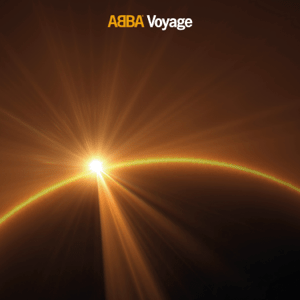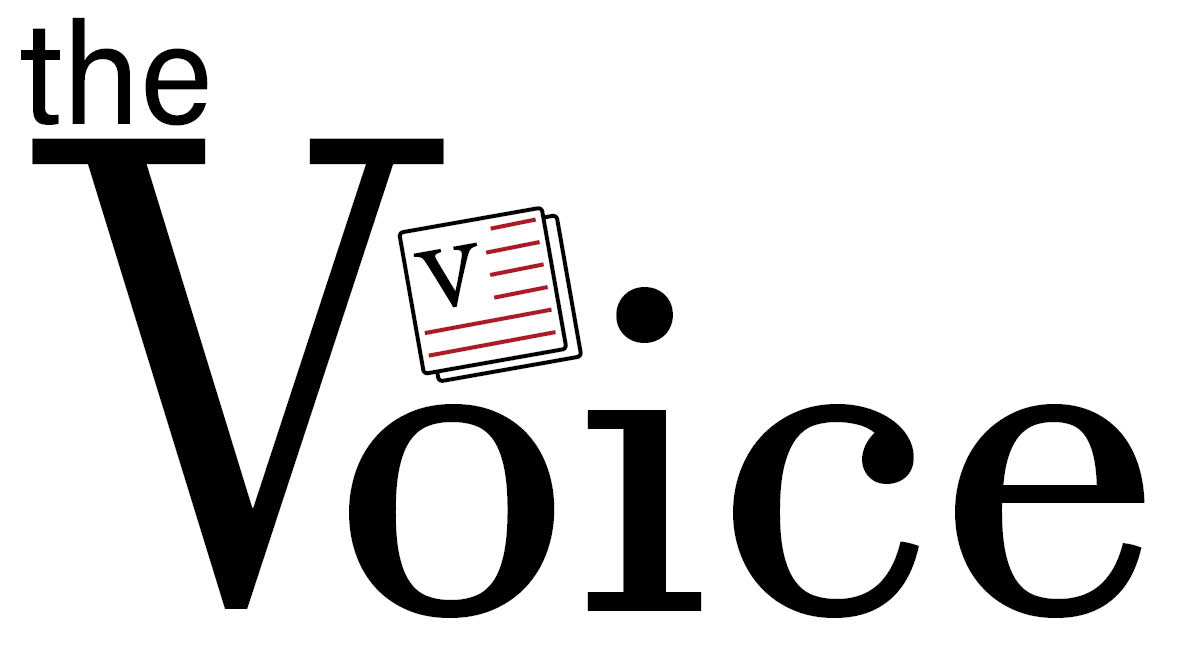ABBA releases first album in 40 years

Courtesy of CC-BY-Sa-4.0png
November 8, 2021
On the night of Nov. 4, music fans everywhere eagerly awaited one of the most influential music groups’ newest albums. After almost 40 years of being a part the Swedish pop group, ABBA, reunited to release their new album “Voyage.”
Following the album there were plenty of mixed reviews from critics and fans. It immediately became clear that ABBA had lost their spark after all these years.
The album begins with the song “I Still Have Faith In You,” a slow melody depicting the reunion of the famous band. It is a powerful ballad, obviously holding much significance to the group, but it is reminiscent of a hymn one would hear in church. This track specifically has gotten very mixed reviews and caused major discourse between fans.
The third song of the album “Little Things” was a surprising and unnecessary twist while listening to the album. The Christmas song about children giddily opening their presents was randomly shoved into the album with no reason. Considering its poor melody, strange placement in the album, and bizarre lyrics, the failed Chrstmas song was disappointing.
Despite its worse songs, “Voyage” still has some hits that resemble ABBA’s older albums such as “Waterloo” and “Voulez-Vous.” Track 5 of the album and one of its stronger songs, “Just a Notion,” was released several weeks ago as a single with an upbeat tune and the classic ABBA sound. The song was originally written and recorded in 1978, but never made the cut to be released. It is an unbelievably happy song about mustering up the courage to speak to a love interest.
Similarly, one of the better songs on the album, “No Doubt About It,” also mimics ABBA’s more iconic tunes. The melodious and meaningful song tells the story of individuality and self acceptance, which many people can relate to.
Track 8 on the album, “Bumblebee” is a cheerful melody with chimes that pays homage to bees and all they do for the human race. Despite its uplifting sound, the song is actually highlighting climate change and the future of our planet.
The album ends with “Ode to Freedom”, a mainly instrumental piece resembling Tchaikovsky’s “Swan Lake.” The short lyrics illustrate the importance of freedom and the appreciation everyone should feel for it.
The general consensus of fans is still mixed as the album is split between wonderful, purposeful songs with great storytelling and ones that lack substance.


